Academic
| Name | Institution | Country | Web page | |
|---|---|---|---|---|
| Christian Attiogbé | christian.attiogbe@univ-nantes.fr | Université de Nantes | France | http://pagesperso.lina.univ-nantes.fr/~attiogbe-c/ |
| Holger Giese | holger.giese@hpi.uni-potsdam.de | Hasso Plattner Institut | Germany | http://www.hpi.uni-potsdam.de/personen/professoren/holger_giese.html?L=1 |
| Marjan Mernik | marjan.mernik@uni-mb.si | University of Maribor | Slovenia | http://lpm.uni-mb.si/mernik/ |
| Pieter J. Mosterman | Pieter.Mosterman@mathworks.com | MacGill University | Canada | http://msdl.cs.mcgill.ca/people/mosterman/ |
| Arend Rensink | rensink@cs.utwente.nl | University of Twente | Netherlands | http://wwwhome.ewi.utwente.nl/~rensink/ |
| Bernhard Rumpe | rumpe@se-rwth.de | Aachen University | Germany | http://www.se-rwth.de/~rumpe/ |
| Pierre-Yves Schobbens | pys@info.fundp.ac.be | FUNDP Namur | Belgium | http://www.info.fundp.ac.be/~pys |
| Robert de Simone | Robert.de_Simone@inria.fr | INRIA Sophia-Antipolis | France | http://www-sop.inria.fr/members/Robert.De_Simone/ |
Bios
Christian Attiogbe
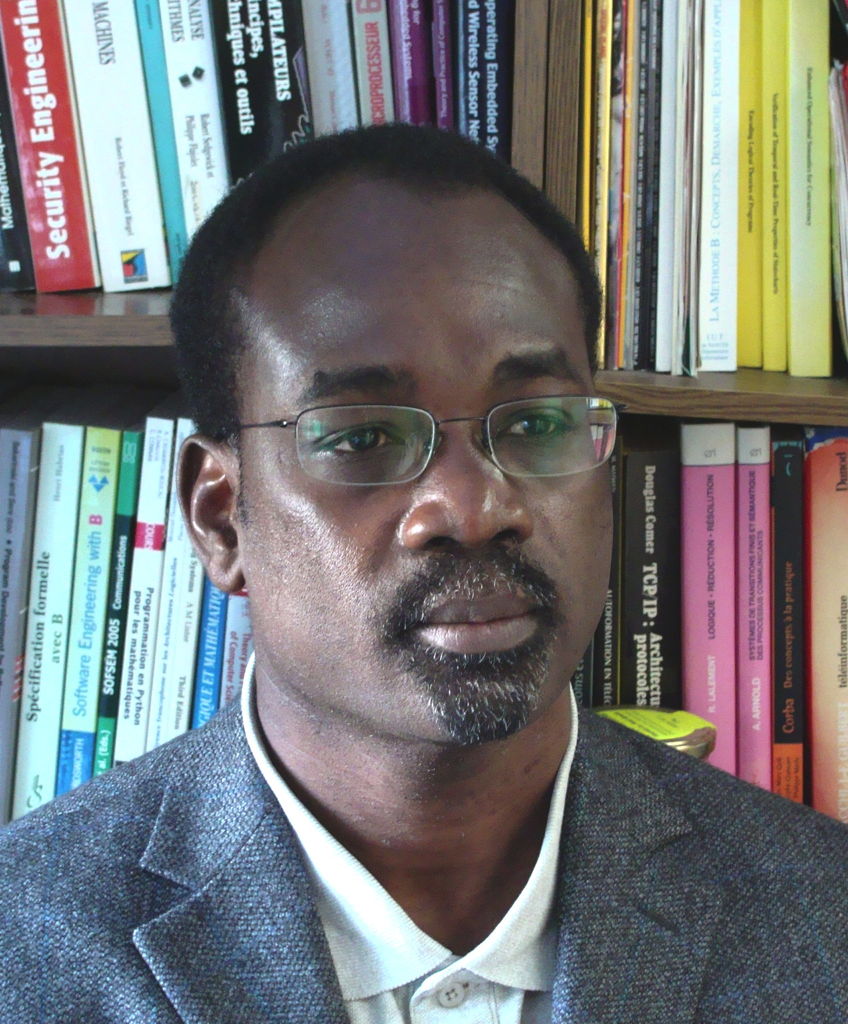
Christian Attiogbe received in 1992 his PhD in Computer Science from the University of Toulouse (France). He joined the University of Nantes (France) in 1994 as an associate Professor. He is currently Professor of Computer Science at the University of Nantes and the leader of the Dependable Components and Software team. His research interests include formal methods for dependable software development. He is engaged in research projects that include formal methods integration, multi-paradigm specifications, correct-by-construction using refinement (the B Method), combination of theorem proving and model checking for multi-facet analysis of concurrent, distributed and reactive systems. More recently he worked on the formal aspects of component-based software engineering by focusing on semantic models, the construction of correct components and their interoperability. He is author of several papers in international conferences and journals in the field of formal software engineering. He is the head of the Computer Science Department of Nantes Institute of Technology at University of Nantes.
Holger Giese
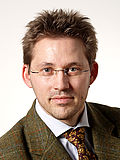
Prof. Dr. Holger Giese heads the Systems Analysis and Modeling research group at Hasso Plattner Institut. The team focuses on model-driven software development for software-intensive systems. This includes the UML-based specification of flexible systems with samples and components, approaches to the formal verification of these models and approaches to the synthesis of models. The group also looks at the transformations of models, code generation concepts for structure and behavior for models and, in general, the problem of the integration of models in model-driven software development.
Marjan Mernik

Marjan Mernik is a Professor of Computer Science at the Faculty of Electrical Engineering and Computer Science, University of Maribor, Maribor, Slovenia since 1998. He is also a Visiting Professor at the Department of Computer and Information Sciences at the University of Alabama, Birmingham since 2005. Mernik obtained his Ph.D. degree in computer science from the University of Maribor in 1998. His research interests include programming languages, compilers, domain-specific (modeling) languages, grammar-based systems, grammatical inference, and evolutionary computations. He is a Member of the Editorial Boards at Applied Soft Computing, Information Technology and Control, and Journal of Advanced Robotic Systems. Marjan Mernik has been previously involved in the organization of several workshops on attribute grammars (WAGA'99, WAGA'00), workshops on language descriptions, tools and applications (LDTA '01, LDTA '02), minitracks on domain-specific languages (HICSS-34, HICSS-35, HICSS-36), programming languages tracks at Symposium on Applied Computing (ACM SAC, 2005-2013), and workshops on Advances of Programming Languages (WAPL'07, WAPL'09, WAPL'11, WAPL'13). Mernik served also as a Guest Editor of journals Informatica, Journal of Computing and Information Technology, Computer Science and Information Systems, Science of Computer Programming, Software Quality Journal, and Programming Languages, Systems and Structures. He is a Member of the IEEE, ACM and EAPLS.
Pieter J. Mosterman
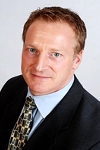
Pieter Mosterman is a Senior Research Scientist at MathWorks in Natick, MA and an Adjunct Professor at the School of Computer Science of McGill University.
Before, he was a Research Associate at the German Aerospace Center (DLR) in Oberpfaffenhofen. He has a Ph.D. degree in Electrical and Computer Engineering from Vanderbilt University in Nashville, TN, and a M.Sc. degree in Electrical Engineering from the University of Twente, Netherlands. His primary research interests are in Computer Automated Multiparadigm Modeling with principal applications in design automation, training systems, and fault detection, isolation, and reconfiguration.
Dr. Mosterman designed the Electronics Laboratory Simulator that was nominated for The Computerworld Smithsonian Award by Microsoft Corporation in 1994. In 2003, he was awarded the IMechE Donald Julius Groen Prize for his paper on the hybrid bond graph modeling and simulation environment HYBRSIM. In 2009, he received the Distinguished Service Award of The Society for Modeling and Simulation International (SCS) for his services as Editor-in-Chief of SIMULATION: Transactions of SCS.
Arend Rensink
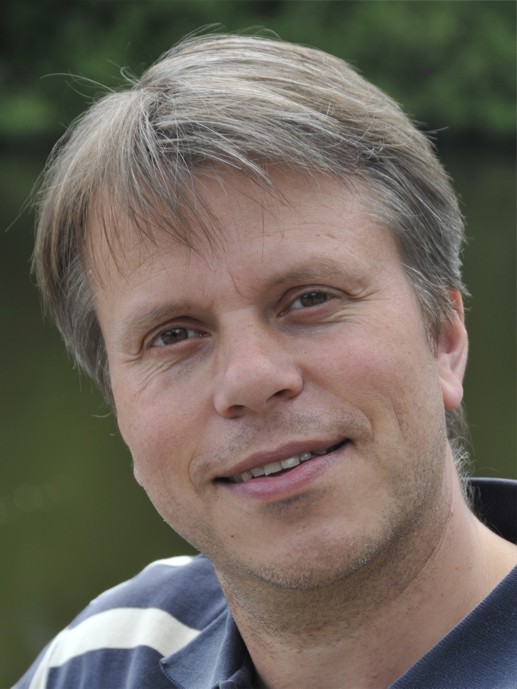
Arend Rensink received his degree in computer science engineering at the University of Twente in August 1986, and his PhD degree in August 1993, at which time he had already started work as a lecturer at the University of Hildesheim. In 1998 he moved back to the University of Twente, first as as assistant professor and, from 2000, as associate professor. On 1 September 2010 he was appointed Full Professor on Software Modelling, Verification and Transformation.
Arend's current research focus is the application of graph transformation in the twin areas of (1) specification and verification of dynamic behaviour, and (2) verification of design-time models and model transformation. For the purpose of the former, he is studying operational semantics based on graph transformation, as well as abstraction techniques and model checking techniques for graphs. For the purpose of the second, he is interested in automatic model generation and refactoring using a graph-based representation of models.
Bernhard Rumpe

Bernhard Rumpe is chair of the Department for Software Engineering at the RWTH Aachen University, Germany. Before that he chaired the Software Engineering Institute at the TU Braunschweig. He made his Ph.D. and Habilitation an the TU Munich.
His main interests are software development methods and techniques that benefit from both rigorous and practical approaches. This includes the impact of new technologies such as model-engineering based on UML-like notations and domain specific languages and evolutionary, test-based methods, software architecture as well as the methodical and technical implications of their use in industry. He has furthermore contributed to the communities of formal methods and UML. Since 2009 he started combining modelling techniques and Cloud Computing.
He is author and editor of eight books and Editor-in-Chief of the Springer International Journal on Software and Systems Modeling (www.sosym.org).
He is co-Founder and Steering-Committee-member of the GI expert committee on "Modelling" in Germany, Program Committee Chair, PC member, workshop organizer etc. at various opportunities.
Pierre-Yves Schobbens
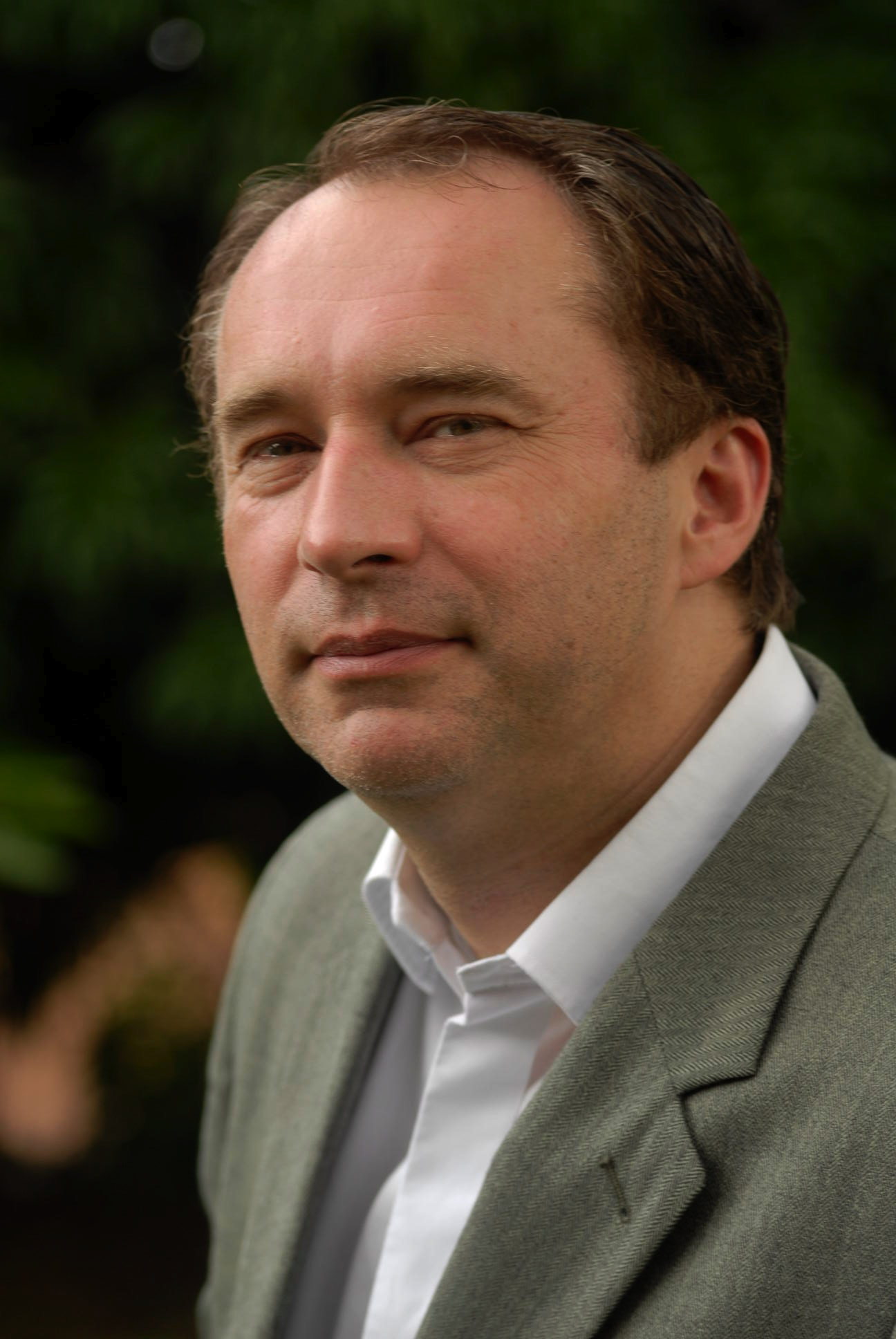
Pierre-Yves Schobbens is full professor at University of Namur, Belgium. Before, he was a permanent researcher for the CNRS in Nancy, France. He graduated in Philosophy in 1982, in Applied Mathematics and Economics in 1983, in Computer Science in 1984, magna cum laude, and received his PhD in 1992 all from the University of Louvain, Belgium. He was also invited professor at IST Lisbon, Ecole Normale Supérieure (Cachan), Ecole Centrale (Nantes), universities of Birmingham, Brussels, Toulouse, Grenoble.
His current research interests include software engineering, requirements engineering, formal methods, software product lines, software evolution, agent-oriented software engineering.
Robert de Simone
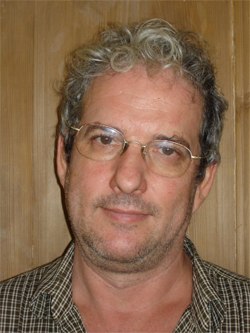
Robert de Simone holds a PhD from Paris Jussieu University, defended in 1982. He is since 1984 with INRIA Sophia-Antipolis, as Junior then Senior Researcher. He is currently Scientific Leader of the Aoste project-team, which studies Methods and Models for the Analysis and the Optimization of Real-Time Embedded Systems. His interests range from Concurrency Theory and Process Algebras, to Automatic Verification and model-checking tools, to Synchronous Languages and their semantics. Recently he has been working on Latency-Insensitive and GALS extensions to synchronous formalisms, and explicit Time representations for Models of Computations in a UML setting. Dr de Simone has been involved in many academic and industrial contractual collaborations over the years. He leads INRIA's involvement in the French PACA Integrated Center for Microelectronics (CIM), together with many prominant industrial companies in the field. He is also INRIA coordinator on the forthcoming OMG UML profile for Modeling and Analysis of Real-Time Embedded systems (MARTE).
Industry
| Name | Company | Country | Web page | |
|---|---|---|---|---|
| Julien Bernet | julien.bernet@trusted-labs.com | Trusted Labs | France | http://www.linkedin.com/pub/julien-bernet/10/1a0/388 |
| Francois-Xavier Fornari | xavier.fornari@esterel-technologies.com | Esterel Technologies | France | http://www.linkedin.com/in/francoisxavierfornari |
| Xavier Warzee | xwarzee@acm.org | Palo IT | France | http://www.linkedin.com/in/xwarzee |
Bios
Julien Bernet
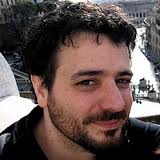
Julien Bernet is a research engineer at Trusted Labs.
François-Xavier Fornari
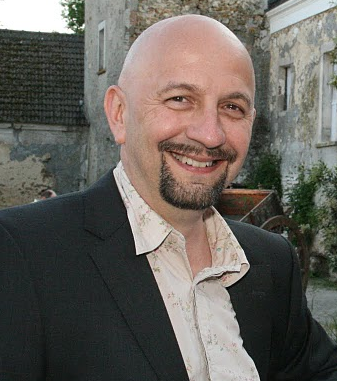
Dr François-Xavier Fornari is VP-Engineering Deputy at Esterel Technologies. He is involved in the development of certified/qualified code generators for safety-critical embedded applications in avionics, railways and heavy-industry domains. His interests cover formal approaches to pratical problems as well as methodological aspects.
François-Xavier Fornari started is career as research engineer in synchronous languages at the Center for Applied Mathematics, a joint laboratory of INRIA and Ecole des Mines. Then he joined Esterel Technologies to industrialize the Esterel compiler and to work on hardware code generation. He moved as the project manager for the development of the new qualified C code generator for the Scade 6 language, following DO-178B, EN 50128 and IEC 61508 standards. Currently, he is also involved in the development of tools for system-level design. François-Xavier Fornari holds a Ph.D in computer sciences and a Master in architecture of digital systems.
Xavier Warzee
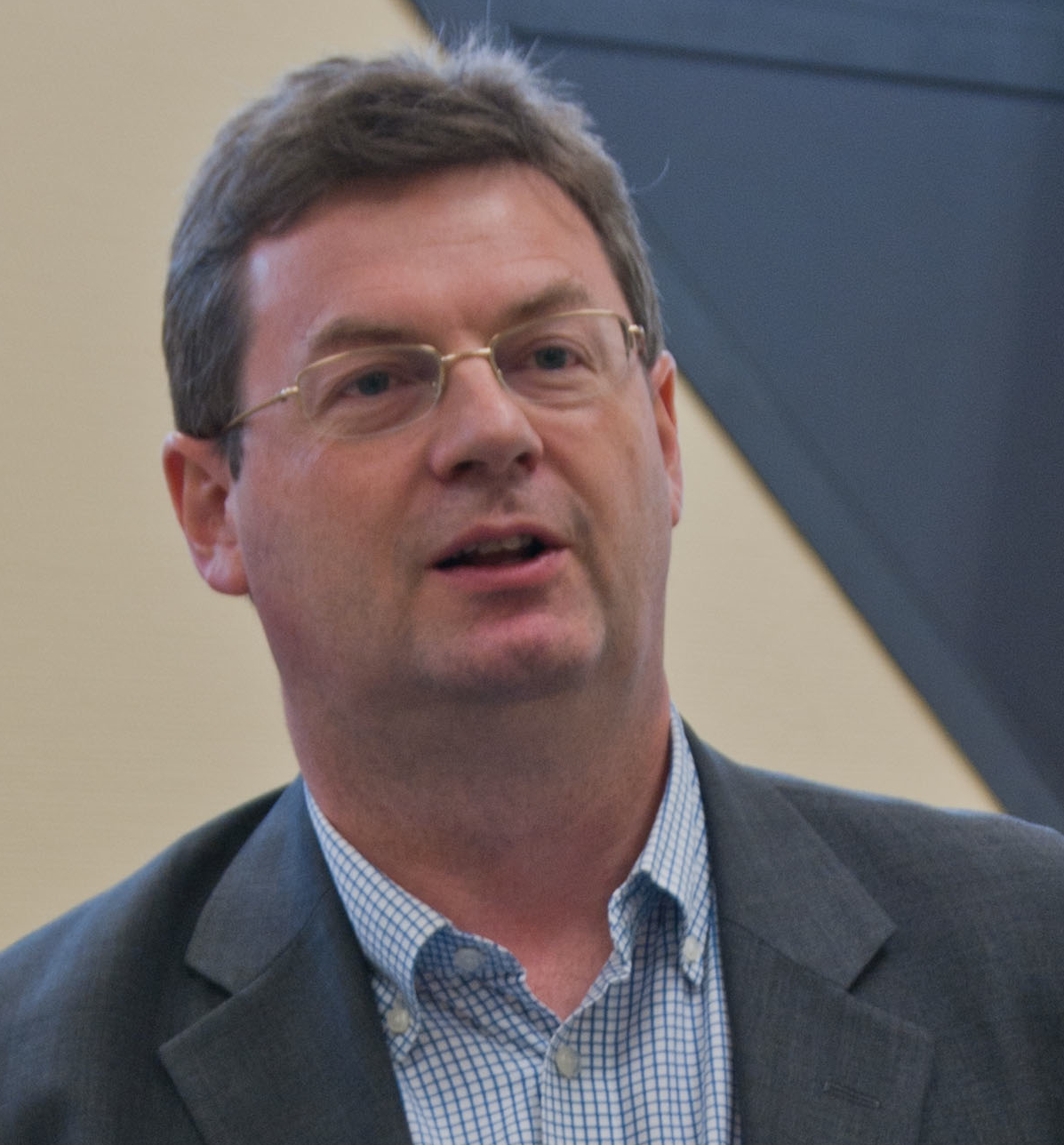
Xavier Warzee is currently CTO of Palo IT as well as President of the French Scrum User Group. Xavier started his career in 1989 at Thales, formerly Thomson-CSF, working on the ESPRIT-2(1) PUMA(2) project using object-oriented technologies to develop programming environment for parallel computers.
After several research projects on object-oriented technologies (database, GUI, modeling, languages), Xavier started in 1995 a 6 years collaboration with the Ptolemy group, a part of the EECS department at UC Berkeley, contributing to the Ptolemy project, a research environment developed to study models of computation to design and model complex systems.
First, Xavier evaluated the Ptolemy project. His report was translated by the Ptolemy Group and sent to the DARPA RASSP(3) program, a major effort to develop iteratively radar/sonar systems using the Model-Year Approach, a.k.a. agile approach at a System Level. Then, Xavier developed for Thales an extension of the Ptolemy environment called Array-OL(4) to model and to codesign Hardware and Software for Signal Processing systems. Xavier also collaborated with Supélec to develop a Synchronous/Reactive extension of Ptolemy implementing the Esterel semantics invented by Gérard Berry, INRIA. Xavier joined Thales Optronic and contributed to model and design complex systems to test the integration of optronic equipments with fighters.
In 2001, Xavier joined Valtech, an Internet and Web company. Xavier served as an architect in several Java/J2EE projects for companies such as France Telecom, Société Générale. In 2005, Xavier took the lead of the Software Automation Group. This group developed a Software Factory based on continuous integration and Tests automation principles to improve productivity of teams and quality of projects. In 2006, Xavier was Certified Scrum Master(5) and applied Scrum, an agile approach to pilot projects, in companies such as General Electric and Crédit Agricole.
In 2008, Xavier joined Microsoft to help partners and customers to adopt agile solutions.
In 2011 and 2012, Xavier led the organization of the Scrum Day, the annual event for the Scrum community in France gathering more than 500 attendees.
In 2011, Xavier joined Palo IT as CTO to help organizations on their agile transformations and more widely to help organizations manage complexity at system and organization levels.
Since 1995, Xavier published several papers about complex system design (VIUF, VUFE, UC Berkeley conferences) and agile practices (Agile2008, AgileTour2009, ScrumDay2012 conferences). In 2010, Xavier has been elected President of French Scrum User Group and was a co-founder of the French Agile Institute.
(1) European Strategic Program for Research into Information Technology
(2) Parallel Universal Message-Passing Architectures
(3) RASSP : Rapid Prototyping of Applications-Specific Signal Processing
(4) Array-OL : Array-Oriented Language
(5) Scrum is an agile approach used to manage projects "